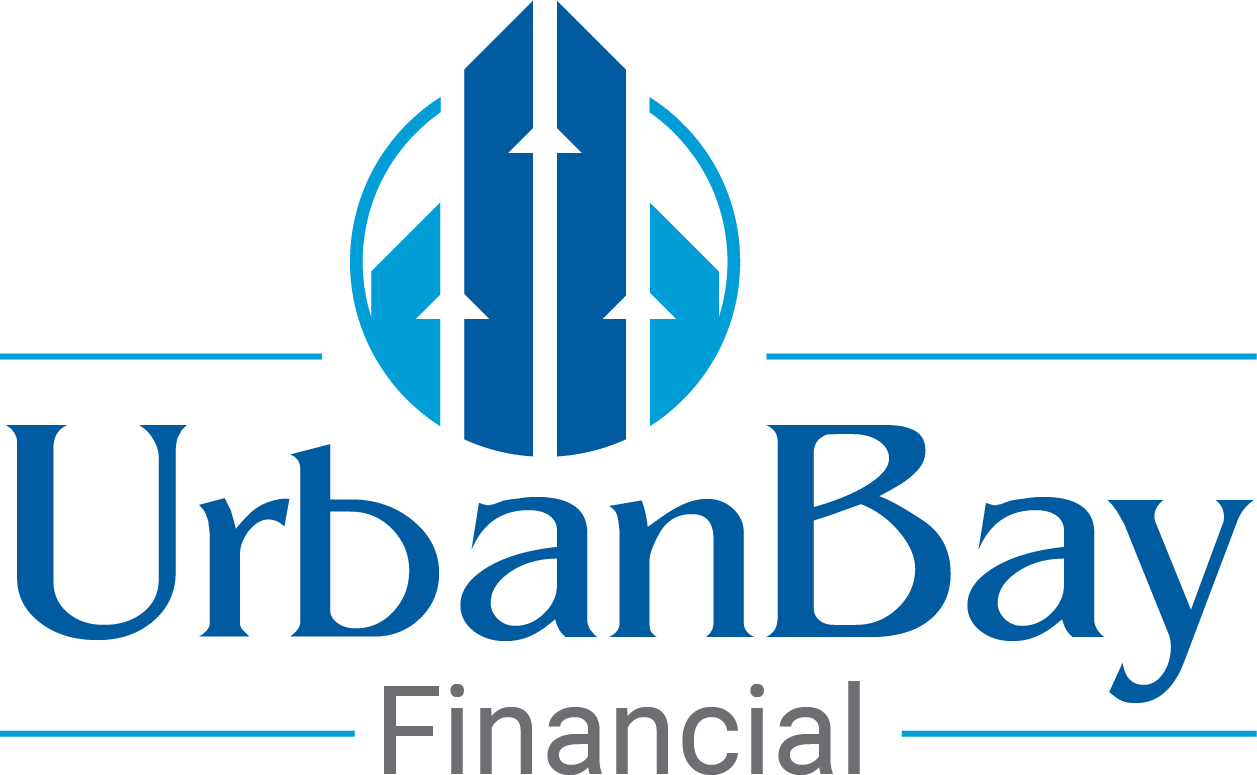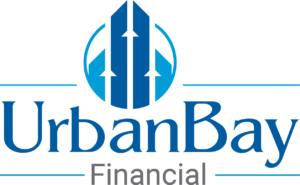Both experienced and new real estate investors often wonder how real estate financing options work. One of the most common questions coming from developers focuses on why mortgage interest rates vary so much, particularly when compared to prevailing rates. The simple answer is that long-term investments, like most real estate projects, are more profitable in this case, especially when compared to raising equity capital. So how does financing a real estate project work? Let’s take a look:
The Key Aspects
- Real estate projects can be financed in three major ways: via equity, debt, or a combination of these two tools.
- The capital required for a new project comes with an associated cost, known as the “cost of the capital”, and it is heavily dependent on the ROE (Return of Equity).
- Choosing between equity, debt, or a combination of these two, is very complex and depends on the type of project, your financial situation, and various financial metrics associated with the project.
How do Developers Fund Their Real Estate Projects?
Real estate developers have to work a lot before the actual construction begins. Firstly, developers need capital to fund land acquisition, design the project, obtain construction permits, and fund other soft and hard costs. While some developers have the assets to fund their projects out of pocket, most will choose one of the three common options real estate financing options, like equity financing, debt financing, or a combination of those two.
Debt Financing
Debt financing is probably the most common way to finance a real estate project. Most developers will focus on getting money for their new project through borrowing. This means that:
- there’s a higher ratio of investment via debt capital versus equity capital
- you may get attractive tax-deductible interest rates
- they use leverage to increase the return to equity owners
Equity Financing
Some developers choose to fund their new real estate projects through equity financing. This means that the developer will sell part of their project to other investors, who will become equity owners in the project. Essentially, the primary investor becomes a partner, together with other investors, in order to get the cash needed to fund the project. In this scenario, the equity holders will get paid the last, so the rate of return may be higher, but the risk is also higher. This makes the cost of equity higher than usual, but the profits can be higher.
Debt and Equity Financing
Some developers may choose a combination of both debt and equity financing when trying to fund their new real estate project. This combined funding tool can be very profitable, but the risks are high, as the developer may face issues with lenders and other investors. Usually, this type of funding is utilized by experienced real estate investors who know how to mitigate risks.
Funding your new real estate project is easier than ever! Let us help you create the perfect business plan and get the right financial documents, and you are good to go! Contact us for more information at https://urbanbayfinancial.com/ to get the funds you need for your new real estate project!






